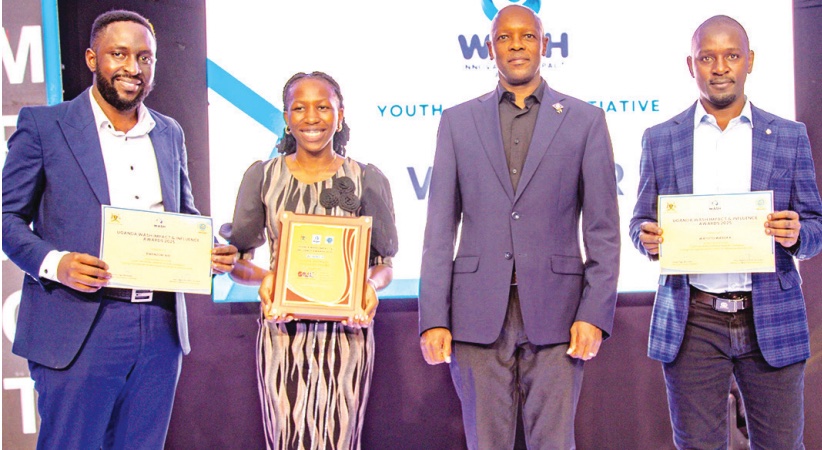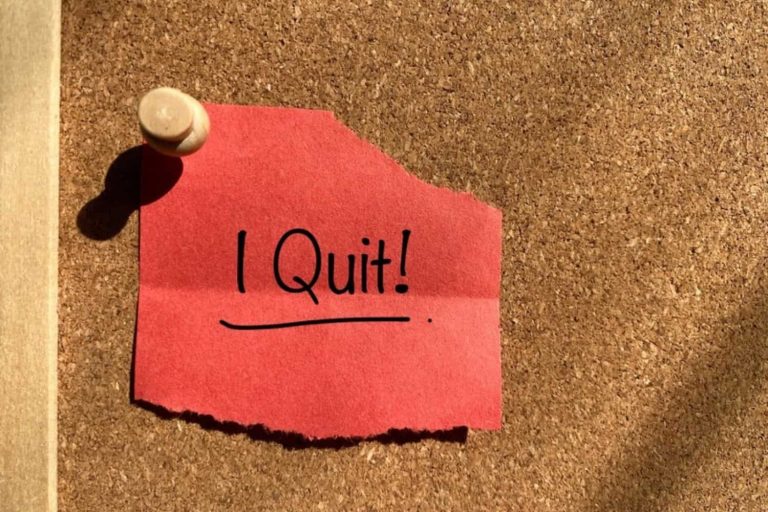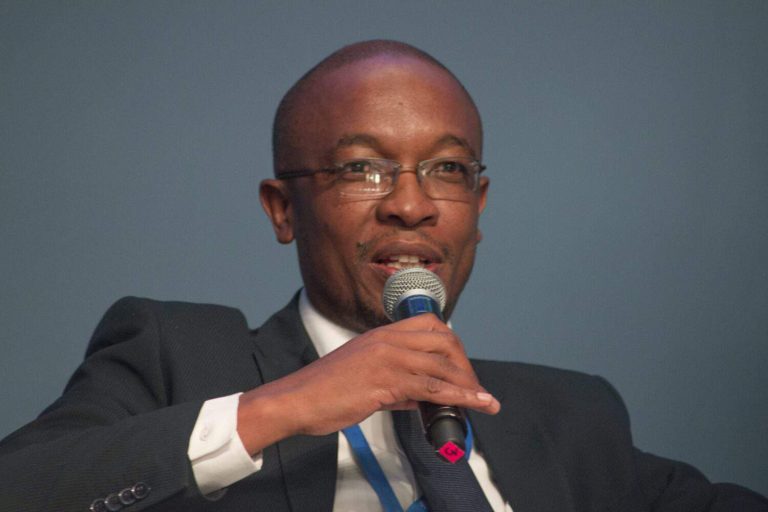
Screenshot
Uganda’s fight for clean water and sanitation has rarely found itself in the national spotlight.
For decades, it has been waged quietly, by engineers repairing broken pumps, health workers battling cholera outbreaks, and community volunteers teaching handwashing in dusty classrooms.
But on Friday night, the spotlight finally turned their way. At Kampala’s Protea hotel, the inaugural Uganda WASH Impact and Influence Awards 2025 celebrated the people and organizations behind one of the country’s most urgent but often overlooked battles: access to safe water, sanitation and hygiene.
From Amref Health Africa to Makerere University’s Antimicrobial Resistance Club, from Rotary Uganda to the Community Integrated Development Initiative (CIDI), the night honored those whose work quietly sustains the nation’s health and dignity.
Yet beyond the applause and trophies lay a deeper reckoning. Nearly half of Ugandans still lack access to clean water, and over 80 per cent lack basic sanitation. The awards, launched in May by the Uganda Water and Sanitation Network (UWASNET) with government and development partners, sought not just to celebrate progress but to spotlight the unfinished business of public health.
“This is about more than celebration,” said Brenda Achiro, UWASNET’s deputy chairperson. “It’s about honoring excellence, inspiring innovation and recognizing everyone’s contribution to transforming the WASH sector.”
At stake was more than prestige. It was a chance to reframe the story of WASH, from scarcity to solutions.
Youth Innovation Takes the Spotlight
Among the evening’s loudest applause came when Makerere University’s Antimicrobial Resistance Club was announced the winner of the Youth Led Initiative award, ahead of Watoto Wasoka and Rwenzori Aid.
“Seeing young innovators from Makerere warmed my heart,” said Achiro. “It’s their creativity and resilience that will drive the future of WASH in Uganda.”
Representing the club, Kathrine Akello, a fourth-year medical student, spoke with conviction.
“We know that WASH is the simplest way to stop the transmission of germs,” she said. “So, we began training the young generation, distributing clean water to schools, and installing more than 10,000 tanks across Eastern Uganda. We even organize clean water competitions — because awareness starts early.”
Amref Health Africa Leads in Programmatic Impact
In the Programmatic Impact (International) category, Amref Health Africa in Uganda took top honors, recognized for decades of work that has redefined community health and sanitation.
The organization has constructed over 30,000 toilets, improved sanitation for more than 150,000 people in the Rwenzori sub-region, and declared 53 villages open-defecation-free. Their holistic “Total Health Approach” in Amuru district gave another 90,000 people access to improved sanitation — a feat that set the benchmark for what coordinated WASH programming can achieve.
“We’ve supported this nation for 40 years,” a representative said. “We’ve seen villages transform — women and girls no longer walk long distances for water. That is real change.”
Rotary, Opportunity Bank Drive WASH Financing
When it comes to financing WASH initiatives, Rotary Uganda emerged as the standout winner, honored for its decades-long commitment to improving lives. Speaking for Rotary, Eng. Akram Nsubuga reflected on the organization’s enduring role in development.
“Rotary has spent over 75 years in Uganda and 100 years in Africa,” he said. “Just last year, we gave two billion shillings to WASH projects, and over the last five years, more than Shs 80 billion. We’re proud to be part of making Uganda a better world.”
The runner-up, Opportunity Bank Uganda, was also recognized for its innovative financing models. Acting CEO Brian Collins Amanyire noted that the bank has extended more than Shs 70 billion in WASH loans to over 20,000 clients, reaching 300,000 people.
“We share the belief that water is life,” Amanyire said. “For us, financing WASH is financing dignity.”
Innovation and Local Impact Recognized
The Technology and Innovation Award went to Equal Aqua Uganda, celebrated for integrating digital tools and community systems to enhance access to safe water. The Uganda Muslim Rural Development Association (UMURDA) took second place, highlighting a growing wave of homegrown WASH innovations.
In the Programmatic Impact (National) category, Community Integrated Development Initiative (CIDI) emerged the winner, ahead of Care and Assistance for Forced Migrants and Viva con Agua Uganda.
“We appreciate our partners and communities — without them, we couldn’t do this,” said a CIDI representative.
“We’ve been around nearly 30 years, helping refugees and vulnerable groups. People think we’re an international NGO, but we’re proudly Ugandan.”
While launching the accompanying WASH exhibition, Beatrice Anywar, minister of state for Environment, praised the synergy between government and non-government actors.
“We must work collectively, preserve our environmental values, and ensure that innovations translate into lasting, scalable WASH services for all Ugandans,” she said.
Her call for collaboration was echoed by Wilberforce Kimezere, WASH specialist at UNICEF, who warned of persistent gaps.
“As of 2022, 46 per cent of Ugandans lacked access to basic water and 81 per cent lacked basic sanitation,” he said. “Without safe water and sanitation, communities remain vulnerable to preventable disease and economic loss.”



